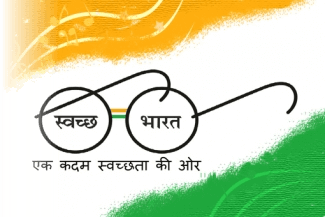Pace Setting Activities in JNV LEH
The Navodaya Vidyalayas have been envisaged as pace-setting institutions, centres of educational excellence, providing opportunities for development, not only to Navodaya Vidyalaya students, but also to the children of neighbouring rural area schools through sharing of resources. Leadership qualities and other educational concerns that are linked to community and national developments are also supposed to be inculcated through pace-setting activities. “The aim of the pace-setting activities is to galvanize the academic, social, cultural and community oriented environment of schools,” in the vicinity. By virtue of having a highly qualified and competent team of teachers, good laboratories and IT infrastructure, teaching aids and sports equipment and rich libraries, JNVs are in a position to function as a “focal point for improvement in the quality of school education in general, through sharing of experience and facilities”. Interactions of staff and students of Navodaya Vidyalayas with their counterparts in adjoining schools, participation in joint community efforts, adoption of a village for awareness programmes and sharing of educational facilities are some of the pace-setting activities undertaken by Navodaya Vidyalaya. JNVs also make general attempts to involve the local school community in disseminating the modern school practices with a view to improve school eco-system.
Activities carried out in JNVs are as under:
- Coaching of rural children for JNVST.
- Organizing immunization camps, health check up camps, first aid training camps, pollution control and cleanliness drive, literacy campaign etc.
- Providing mobile library for rural learners.
- Organizing awareness campaigns on health and hygiene, safe drinking water, population education, balanced diet, disaster management, RTI and consumer laws, child labour and Right To Education (RTE).
- Organizing street plays for the promotion of scientific spirit, conservation of nature and energy, water harvesting, tree plantation, family planning, education for the girl child, balanced diet and safe drinking water, pollution control and awareness of the evils of dowry system, female foeticide, alcohol and drug addiction, gambling, illiteracy and superstition etc.
- Computer literacy programme.
- Vermicompost and mushroom culture under SUPW activities.
- Programmes for the neighbouring schools on awareness of issues like conservation of nature, road safety, first aid, cleanliness, civic sense and democratic values and scientific temperament.
- Participation of the students of the neighbouring schools in the co-curricular activities of the JNV.


